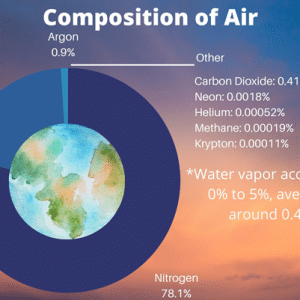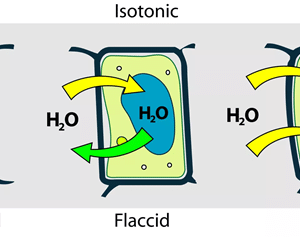
Arithmetic Logic Unit -The ‘Brain’ Of the Computer
A computer is a wonder of technology. It is an electronic device that we can program to our own ease. A computer accepts raw data as input and proceeds to…
Read more »
Alphanumeric characters: Functions, Examples and Everything You Need to Know
The term alphanumeric refers to a mix of alphabetical and numeric characters. It is used to define a group of Latin letters and Arabic numbers. Thus, a text built from…
Read more »
Sum of cubes: Natural numbers, formulas, examples, and more
If I write this mathematically then, let s be the sum of 1 cube plus two cubes plus three cubes plus four cubes up to n cube. Now there are…
Read more »
Branches of science: All you need to know about branches of science
Science is the systematic study of the mystery of nature. Moreover, science develops from definite steps. These definite steps are scientific methods. First, we need to know what observation is….
Read more »
17th-century scientists and their major contributions
During the 17th century, major changes occurred in the areas of philosophy and science. Scientific studies and scientists were not well-known before the beginning of the 1600s. Isaac Newton was…
Read more »
Air: Is it a Compound, Element, or Mixture?
Air is a mixture of several gases, not a composition. Nitrogen, oxygen, the life-sustaining ingredient for animals and humans, carbon dioxide, water vapor, and trace amounts of other elements make…
Read more »
Turgidity: Definition, Significance, Types, Examples & Difference With Rigidity
Turgidity is required for plant cells to stand in one place for long periods. Turgid describes a cell that has been fully bolstered. It’s a cellular phase in which a…
Read more »
Circle Of Illumination: Definition, Motions, Terms & Revolution
We might have wondered how exactly night comes after a day or how the earth decides how many hours will be there in each. This is what the circle of…
Read more »
Areolar Tissue: Definition, Functions, Structure & Location
Cells are the structural and functional units that cover the entire human body. Instead of the cells having an individual structure, they are grouped into clusters. We call these clusters…
Read more »
Combination Reaction: Definition, Examples & Exothermic In Nature
Substances combine chemically to create new substances. The new substances have properties completely different from the initial substances. The initial substances that undergo the reaction are called reactants. The reaction…
Read more »